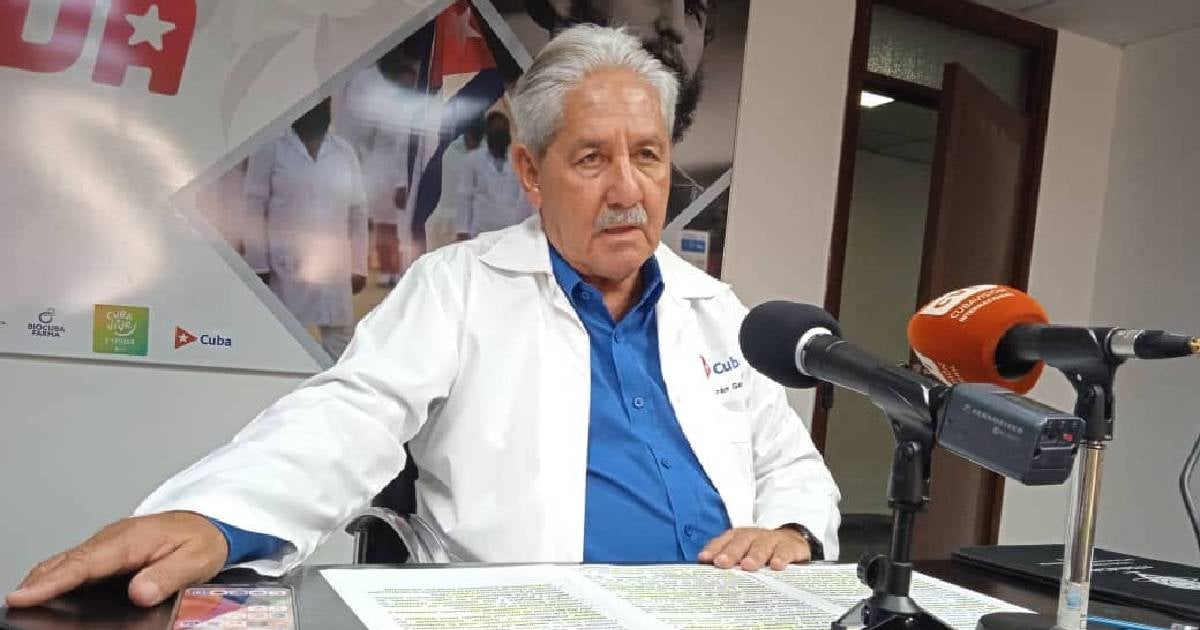Francisco Durán, the National Director of Epidemiology at the Ministry of Public Health (MINSAP), admitted on Wednesday that the country lacks fuel to fumigate against mosquitoes amid a rising presence of the Oropouche virus in Cuba.
In a recent press conference, the esteemed doctor stated that this disease, detected for the first time on the island during the week ending May 31, has been primarily identified in suburban and rural areas, according to the media outlet Juventud Técnica.
The Oropouche virus is transmitted by a mosquito of the Culex genus, found throughout the country and breeds in any body of water, making it difficult to control. The symptoms of the disease include high fever, headaches, joint pain, general discomfort, vomiting, and diarrhea, differing from dengue fever in the duration of the symptoms.
However, Durán noted that there are current limitations in terms of fuel and insecticides, affecting mosquito fumigation efforts. "We are prioritizing anti-vector actions and focus controls in areas where positive cases of Oropouche or dengue have been detected; but there is no fuel for fumigation," he clarified.
The virus, which has circulated this year in several countries in the region, mainly in Bolivia, Brazil, Colombia, and Peru, had never been detected in Cuba before.
Challenges in Combating the Oropouche Virus in Cuba
As Cuba faces the challenge of controlling the Oropouche virus amid fuel shortages, several questions arise regarding the situation and the measures being taken.
What is the Oropouche virus?
The Oropouche virus is a disease transmitted by mosquitoes of the Culex genus, causing symptoms like high fever, headaches, joint pain, general discomfort, vomiting, and diarrhea.
Why is Cuba struggling to fumigate against mosquitoes?
Cuba is facing a shortage of fuel and insecticides, which is hindering its efforts to fumigate against mosquitoes that spread the Oropouche virus and dengue fever.
What measures are being prioritized in the fight against the Oropouche virus?
The country is prioritizing anti-vector actions and focus controls in areas where positive cases of the Oropouche virus or dengue have been detected.
